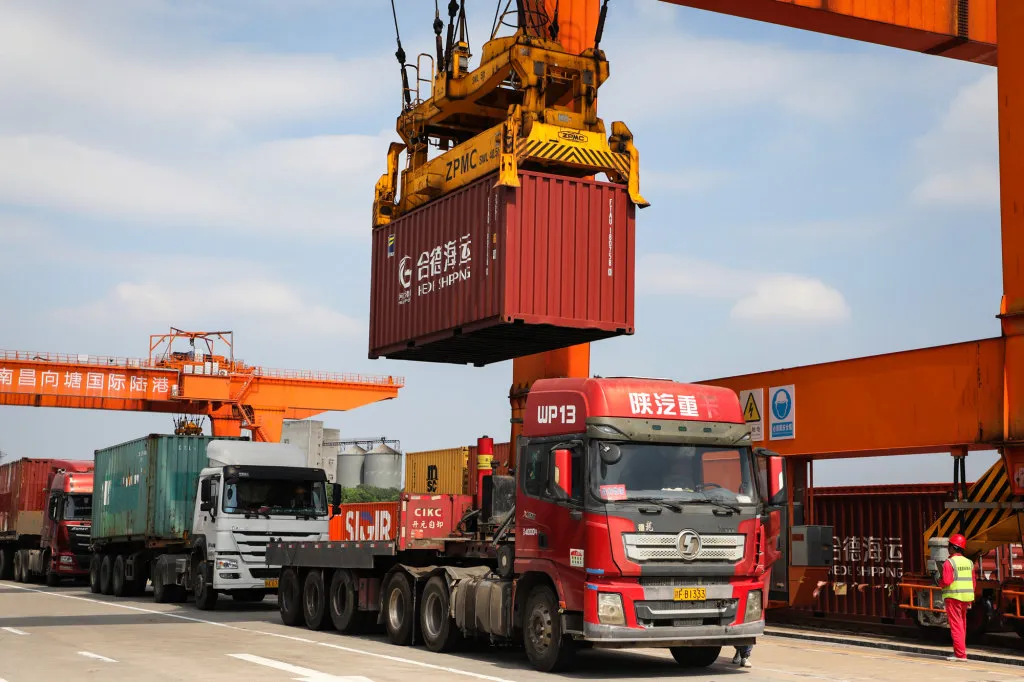News on Biden’s Tariffs: An Analysis of Their Symbolic Impact on Trade

Impact of Biden’s New Tariffs on Chinese Goods
On Friday, new tariffs from the Biden administration take effect, affecting $18 billion in Chinese goods amidst rising trade tensions. Experts believe these tariffs serve more as a symbolic gesture rather than a true economic tool, since the U.S. imports few of the targeted products directly from China.
Key Affected Sectors
- Green Technology: Tariffs affect electric vehicles (EVs), solar panels, and lithium-ion batteries.
- Natural Graphite: A significant tariff on natural graphite from China is delayed until 2026.
Trade Deficit and Tariff Implications
The U.S. trade deficit with China has reached its lowest point since 2010, primarily attributed to earlier tariffs imposed by the previous administration. These recent tariffs are more concentrated than the broader tariffs from prior years, potentially reshaping trade routes.
Shifting Supply Chains
- Resilient Supply Chains: The tariffs encourage shifting production from China to Southeast Asia and Mexico.
- Opportunities for Competitors: Low-cost suppliers may benefit as tariffs push Chinese manufacturers to relocate.
- Domestic Innovation: U.S. automakers may find new competitive focuses in lithium-ion battery production.
Concerns Over Economic Fragmentation
While these tariffs aim to generate government revenue and combat Chinese market dominance, they face criticism for potentially distorting global trade dynamics. Economic experts warn of the potential for retaliation and additional costs to the international economy.
This article was prepared using information from open sources in accordance with the principles of Ethical Policy. The editorial team is not responsible for absolute accuracy, as it relies on data from the sources referenced.